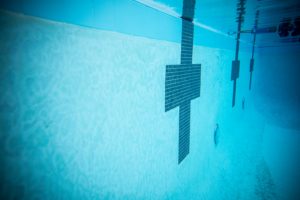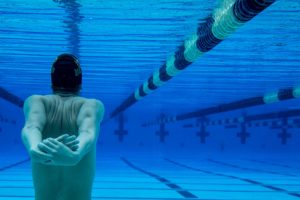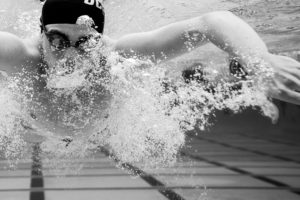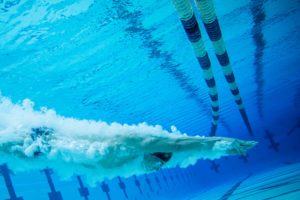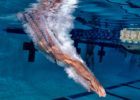Keeping Athletes Healthy through Load Monitoring
While most athletes train at 20-30 percent risk of injury, effective load monitoring reduces and keeps this risk below 5 percent.
8 Tips for Fast Recovery
Recovery is an essential part of the training and racing cycle. Here are 8 tips to help you recover quickly and prepare for the next high intensity effort.
One Simple Secret to Effective Swim Sets
Here’s one simple secret to effective swim sets: ALWAYS have a clear purpose and keep it top of mind. Let your goals guide you through every set.
Off-Season Practice: Do’s and Don’ts
The few weeks, or months, between the end of championships season and the start of the next competition season can be a strange time for many swimmers.
More Physiology Fuel-Up
4 Training Tips to Build Your Swimming Endurance
No matter what type of swimmer you are, whether you’re a pool or open water swimmer, or you swim competitively or recreationally, increasing your stamina can do wonders for your swimming.
The 5 Most Common Taper Mistakes
The concept of “taper” is sacred in the world of swimming. Who doesn’t look forward to it? Even the word itself brings joy, carrying warm connotations of reduced training loads and signaling fast racing on the horizon.
How to Build a Winning Swim Training Plan
Just as with most things, there are no shortcuts to swimming fast. It takes hard work and a good amount of dedication, both in and out of the water.
Test Sets: Measuring Progress Effectively
As we settle into familiar routines – school and swim practices resuming, and beginning to set our goals for the season and school year ahead. But everyone knows goals are not enough on their own.
Signs You’re Training Too Hard (Or Not Enough)
Overtraining happens when the body undergoes stress at a faster rate than it can recover. Studies have shown overtraining to increase risks of injury, where most athletes are already training with between a 20-30% risk.
Widget
Copy and paste the code below into your web editor to embed this category's top swimming stories into your website.
Here's how the widget will display on your site:
Physiology Fuel-Up Swimming News by SwimSwam